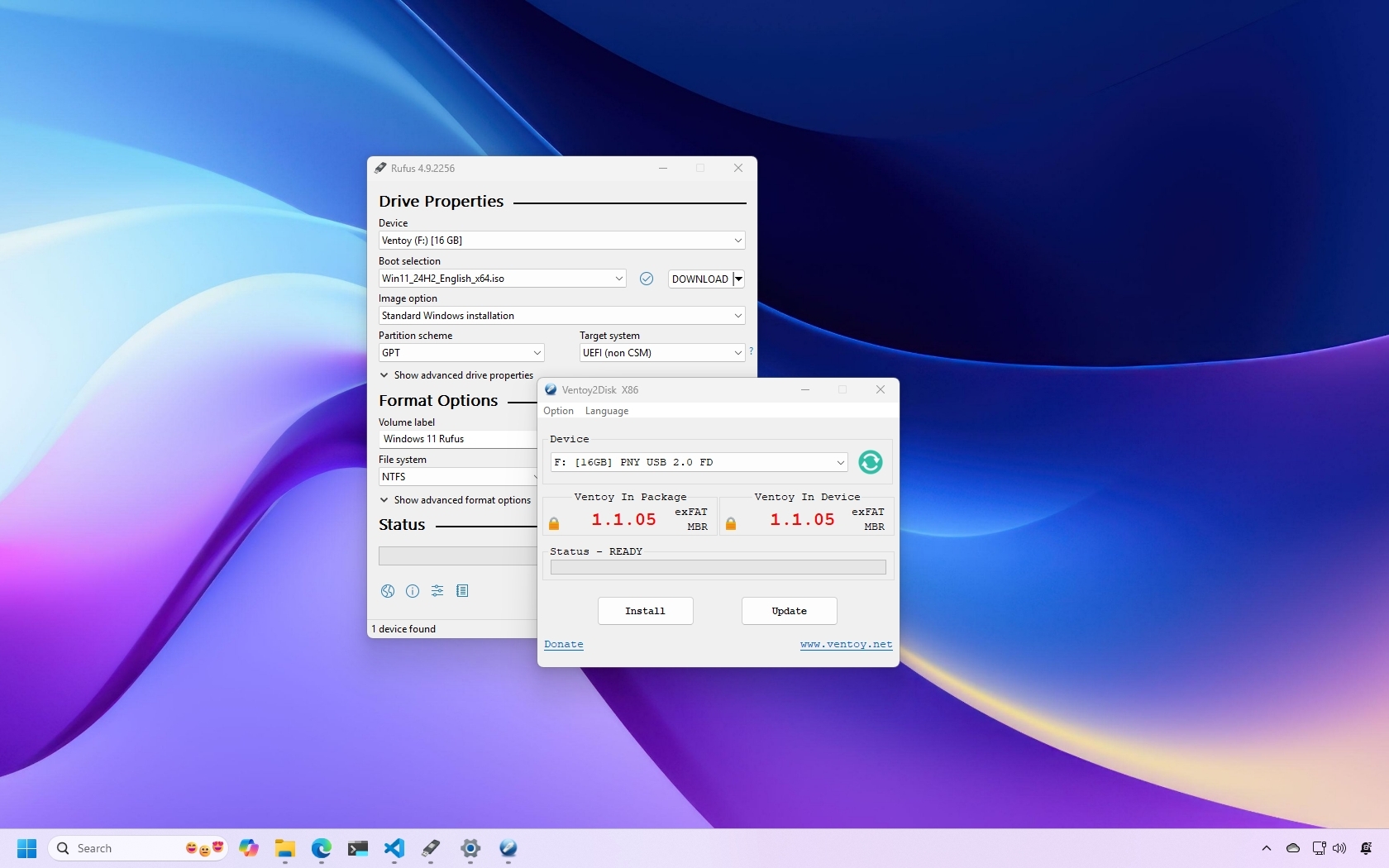T4K3.news
Perl programming language's popularity drops
Once a dominant force, Perl struggles to compete with languages like Python in today’s tech landscape.

Perl, once a dominant programming language, is struggling to maintain its relevance in the tech industry today.
Perl Programming Language Suffers Decline in Popularity
Perl was a major player in programming, crucial for many companies like Amazon, Google, and Yahoo. It excelled in text processing and applied well in fields like bioinformatics. Its creator, Larry Wall, embraced a philosophy of flexibility, encapsulated in the saying, "There's More Than One Way to Do It." However, the language's messy structure and confusion over its syntax have led many developers to migrate to more user-friendly languages, such as Python. By the late 1990s, even existing users noted Perl's growing complexity, which has contributed to its decline over the years.
Key Takeaways
"There's More Than One Way to Do It."
This phrase encapsulates Perl's philosophy but also its complexity.
"I’m a firm believer that a language ought to be an amoral artistic medium."
Wall's perspective emphasizes the artistic nature of programming languages.
The fall of Perl reflects changing trends in programming languages, where developers increasingly prefer clean, readable syntax. Python has surged in popularity for precisely this reason. Many programmers now favor languages that enable faster development and easier maintenance over those like Perl, which are seen as cluttered and outdated. The evolution of programming is shaped by user experience, and as Wall once noted, programming should be an artistic medium. This shift reveals the industry's move toward prioritizing simplicity and efficiency.
Highlights
- Perl has become the duct tape of coding, but too messy for modern needs.
- Languages evolve, but clean coding is king today.
- Complexity in coding leads developers to simpler shores like Python.
- Perl's flexibility has become its downfall amidst changing trends.
Concerns Over Perl's Declining Relevance
As programming languages evolve, the decline of Perl raises questions about job security for existing Perl developers and impacts legacy systems that rely on this language.
The future of programming seems to lean toward clarity and efficiency, leaving Perl behind.
Enjoyed this? Let your friends know!
Related News

Accusations against Meghan Markle for copying Pamela Anderson
:max_bytes(150000):strip_icc()/GettyImages-2226699333-6e8ce3ffae0e4274b86ad24510648aa5.jpg)
S&P 500 and Nasdaq Close at Record Highs

Art Reflects on 80 Years Since Hiroshima
BBC sacks MasterChef host John Torode over racist remarks

MasterChef contestant edited out after objections to airing

Vibe physics poses risks in scientific discussions

Comprehensive AI Terminology Glossary Published

Tim Brando ranks top 15 college football teams for 2025 season
